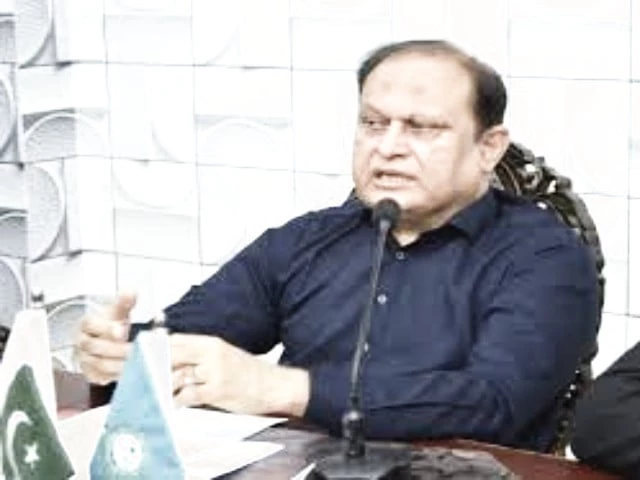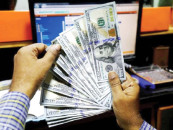Businessmen term power tariff reduction insufficient
Call move temporary appeasement strategy rather than genuine policy change

Hyderabad Chamber of Small Traders and Small Industry (HCSTSI) President Muhammad Saleem Memon has expressed appreciation for the recent reduction of Rs7 per unit in electricity prices by the government, but he termed the initiative insufficient that would not fully address concerns of the industrial sector.
In a statement, Memon recalled that when the current government took office in 2022, the average industrial electricity tariff was Rs18 per unit. Over the past three years, this rate has escalated to Rs48 by April 2025.
The recent cut to Rs40.51 per unit, though a step in the right direction, offered little relief to struggling industries as the tariff was still alarmingly high, he said and emphasised that the reduction appeared to be more of a temporary appeasement strategy rather than a genuine policy change, ignoring ground realities.
The chamber president highlighted that thousands of industries across the country had either shut down or significantly curtailed production in the past three years. According to government and independent reports, more than 1,600 small and medium-sized enterprises (SMEs) have ceased operations since March 2022. Additionally, many larger industries have relocated to countries such as Bangladesh, the UAE, and Vietnam in search of affordable energy and sustainable industrial policies.
Memon pointed out that even Vietnam, which had faced decades of war and devastation, emerged as a robust economy, surpassing Pakistan in exports, industrial growth, and foreign investment. This underscores the urgent need for Pakistan to improve its industrial and energy policies. He cited exorbitant electricity tariffs, driven by costly agreements with independent power producers (IPPs), as a major factor behind the industrial crisis. These contracts are pegged to the US dollar and include "unjustified" capacity charges that do not align with national interests.
Since 2022, the HCSTSI has frequently called for a comprehensive review of these power agreements, submitting several written appeals and formal representations to relevant authorities. However, "no serious action has been taken".
Memon criticised the government's lack of transparency, especially in light of global market trends. In 2022, crude oil prices were as high as $116 per barrel, yet domestic electricity tariffs were relatively lower. Today, with crude prices nearly half at $62, power tariffs have remained high or continued to rise, raising questions about the integrity of government's energy pricing mechanism.
He expressed concern that Pakistan was among the few countries where electricity bills were burdened with excessive taxes, surcharges, and adjustments. A typical industrial consumer pays base tariff several times due to over 17 additional charges, including fuel adjustment, general sales tax, and fixed charges.






















COMMENTS
Comments are moderated and generally will be posted if they are on-topic and not abusive.
For more information, please see our Comments FAQ